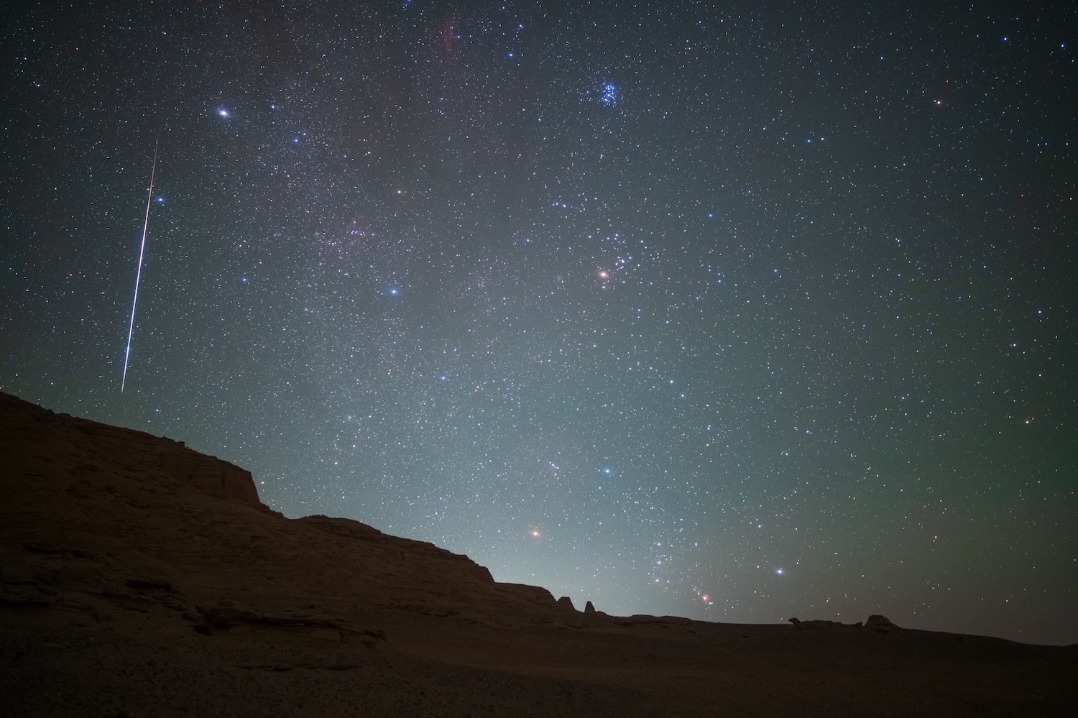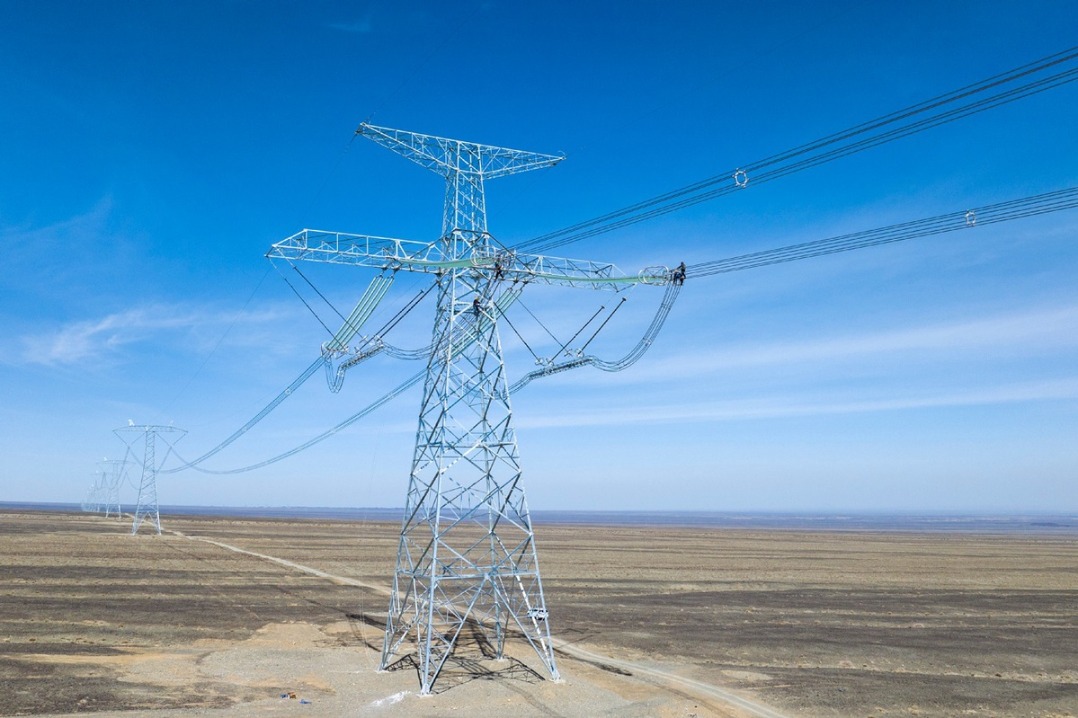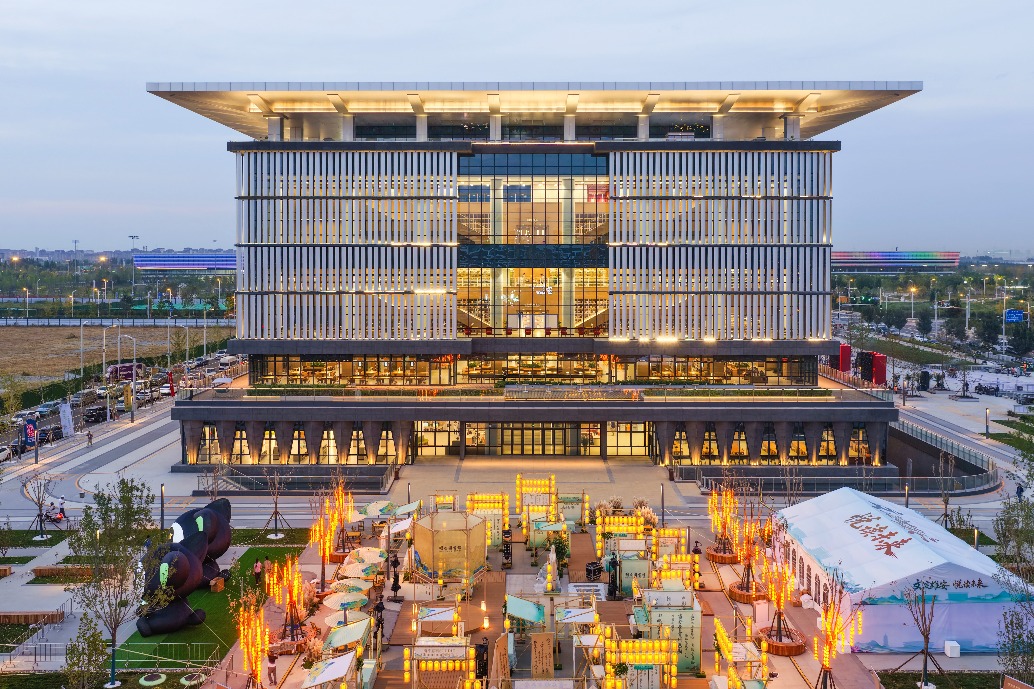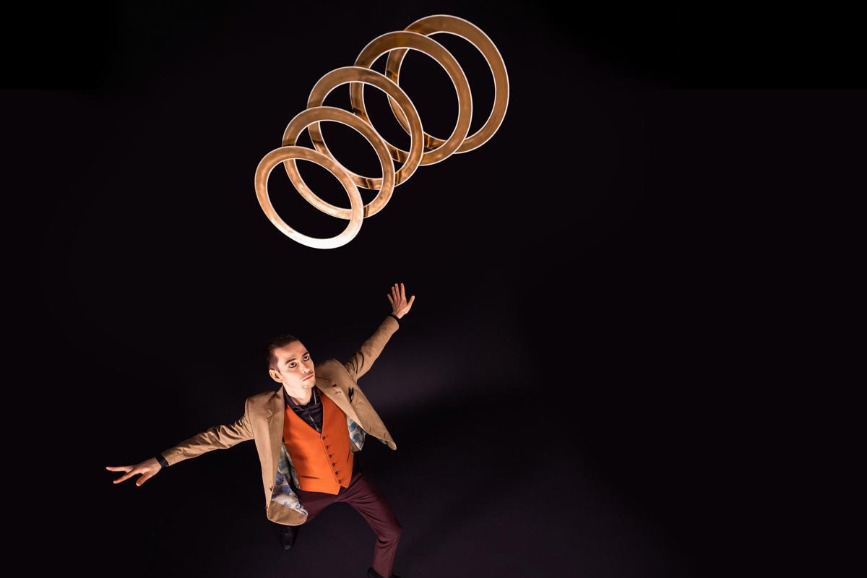Don't pollute with light

City centers turn night into day to promote nightlife. The excess illumination is as damaging to health as polluted air and water. Hong Kong's downtown brightness is more than twice that of New York or London. 'Dark Sky' zones are vital to cut waste and reduce community health risks. Li Bingcun reports from Shenzhen.
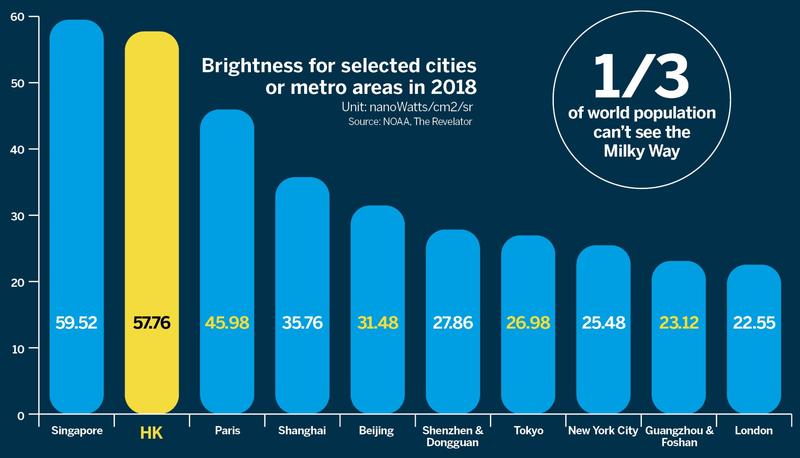
Light pollution may cause cancer, boost virus contagion, weaken human immunity, and fatally disorient birds, bats, and other wildlife.
Like polluted air and water, excessive artificial light is bad for the planet and all who live on it. Daylight and darkness are an eternal rhythm balancing life. We upset that to our detriment.
Hong Kong leads global cities with severe light pollution. A 2018 survey showed that in 10 selected big cities and areas of high light intensity around the world, Hong Kong's downtown illumination ranked second after Singapore's. The city's brightness exceeded Paris', Shanghai's and Beijing's, and is over twice that of New York or London. The city registers about 300 resident complaints of "violent" outdoor lighting annually.
- Hunan's Huaihua promotes its cultural cuisine
- Confucius' hometown celebrates the philosopher's birth anniversary
- China approves first Chikungunya virus detection kit
- Fujian Coast Guard organizes fleets to strengthen law enforcement patrols
- China re-elected as Category One member by global civil aviation body
- Exploring nature's classroom by picking up falling treasures

















